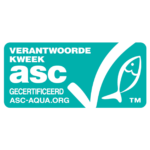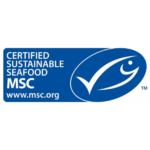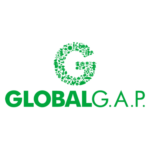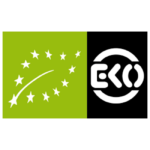Antarctic krill
Atlantic Ocean, Antarctic (FAO 48)
Bottom trawls
- Jan
- Feb
- Mar
- Apr
- May
- Jun
- Jul
- Aug
- Sep
- Oct
- Nov
- Dec
Krill is a small shrimplike crustacean that can be found in Antarctic waters. They live in large schools and provide a very important food source for marine animals, such as penguins and whales. Krill can reach maximum lengths of 62 mm and have a lifespan of around 5 years. Antarctic krill is mostly used to produce fish feed and nutritional supplements.
Atlantic Ocean, Antarctic (FAO 48)
Bottom trawls

Fish with the ASC label is farmed in a sustainable manner.

Fish with the MSC label is caught sustainably.
This fish is not being overfished or is being responsibly farmed, with minimal impact on the environment.
This fish is a second choice. There are still some improvements to be made in this fishery or fish farm.
Do not buy this fish. It's being overfished or the way it's farmed or caught has a negative impact on the environment.

There is fish available of this species that is farmed or caught using high welfare standards.

GlobalG.A.P. certified farms are doing a step in the right direction in terms of sustainability. A few species with this label are getting a better score on the VISwijzer.

Organic standards are the strictest when it comes to fish feed. They also require certain measures for animal well-being.